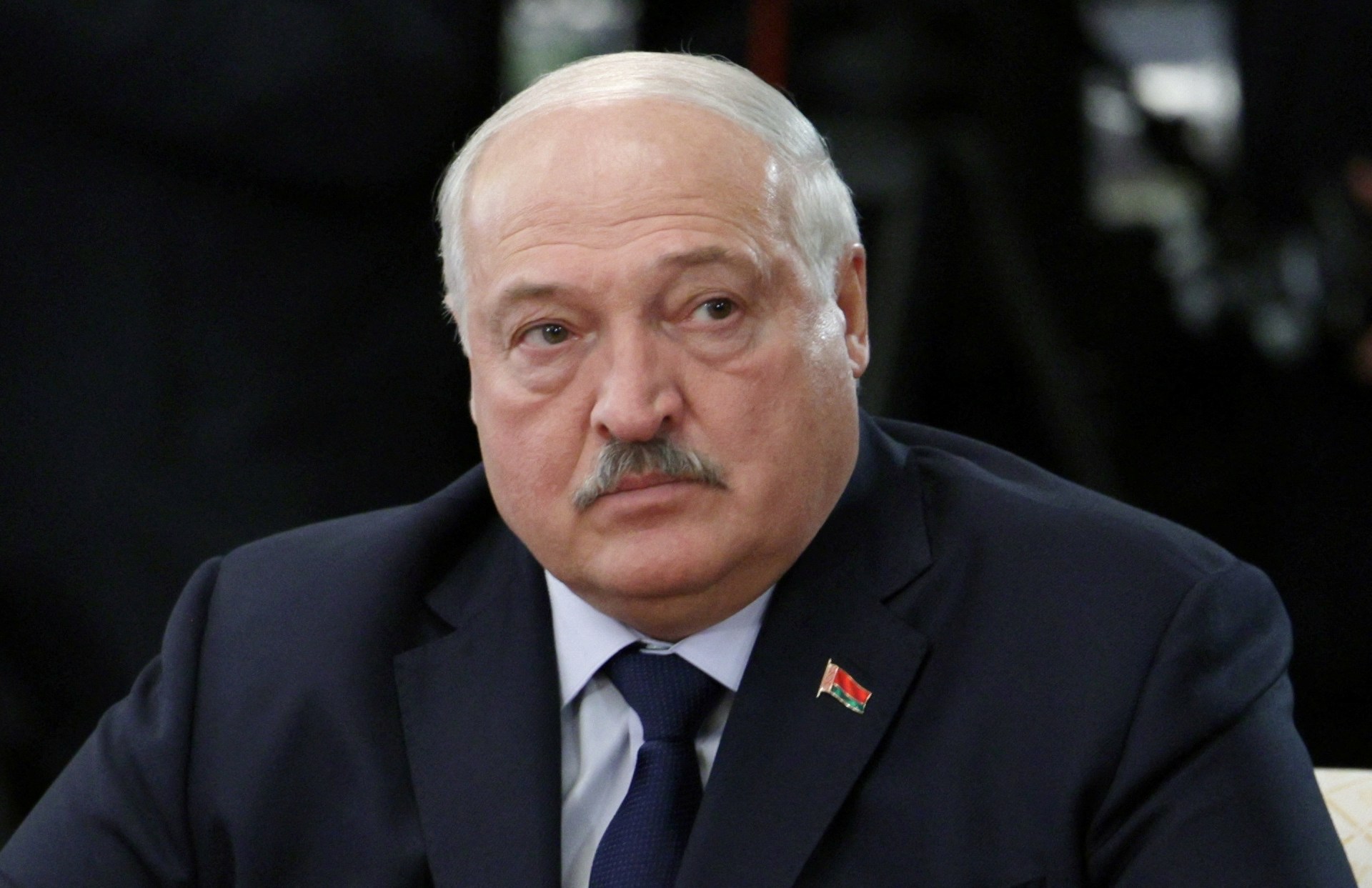As President Alexander Lukashenko seeks a seventh term in office, Belarusians will cast their ballots for president on Sunday.
For the past 30 years, Lukashenko, 70, dubbed by many analysts as “Europe’s last dictator”, has ruled over the country with an iron fist, crushing all opposition and voices against him.
The president, who has not engaged with an election campaign this run, told factory workers last week, “To be honest I don’t follow it. I simply don’t have time for it”.
However, after the last election in 2020, when the leader was declared the winner despite reports of widespread outcry against him, massive demonstrations broke out. The opposition and the West claimed his win was fraudulent and stolen from the leading candidate, Sviatlana Tsikhanouskaya, who was forced to flee the country.
Now, with his political opponents either jailed or exiled, Lukashenko’s success on Sunday is widely believed to be all but guaranteed.
The initial election date was moved to the deep winter, but it was later changed. Belarusian political analyst Valery Karbalevich told The Associated Press that “there won’t be mass protests in freezing January” for a reason.
Here’s what you need to know about the election:
When do ballots open?
Polls opened across the country at 8am (05: 00 GMT) and will stay open until 8pm (17: 00 GMT).
Every five years, citizens of Belarus cast their ballots for the legislature’s and the head of state.
Belarusis must be 18 or older to participate.
Results are expected by February 5, and a second round, if necessary, will take place on February 12.
What is the expected vote count?
State news agency BelTA reported on Friday that after three days of early voting, turnout was 27.15 percent.
It said last week that in an opinion poll conducted in December, which interviewed 1, 500 people, 85.5 percent of registered voters indicated they would vote in the upcoming election.
According to Statistica, a data-gathering platform, approximately 84 percent of eligible voters cast their ballot in the presidential election in August 2020.
It added that the capital, Minsk, recorded the lowest voter turnout at “over 66 percent”.
Belarusians who travel to Belarus will only need to go back to the country and cast a ballot at a local polling station to participate in the election.
Who is running against Lukashenko?
Four candidates have been registered to run, according to the nation’s Central Election Commission (CEC).
Liberal Democrats chairman Oleg Gaidukevich announced his candidature in October, and told the First News Channel that there “must be healthy competition, discussion”.
Sergei Sirankov, first secretary of the Communist Party’s Central Committee, is also on the ballot.
Anna Kanapatskaya, a former member of parliament who contested the 2020 presidential election, is also running, and Alexander Khizhnyak, chairman of the Republican Labour Party, is the fourth candidate.
However, Tatsiana Chulitskaya, a Belarusian academic at Vilnius University in Lithuania, told the Reuters news agency that no candidate had criticised Lukashenko during their campaign.
In the traditional sense of the word, these do not qualify. They are just playing in this campaign. They are not competing with Lukashenko”, she said in a phone interview.
What happened in 2020?
Following the August election, the CEC announced that Lukashenko had been re-elected and had won 80.1 percent of the vote, securing his victory over Tsikhanouskaya.
However, after some people claimed that the CEC’s official count did not match the count by polling stations, leading to accusations of voter fraud by opposition groups and Western governments, allegations of voter fraud quickly spread.
In Minsk, largely peaceful mass protests erupted in response to the election results, pleading for Lukashenko to step down.
However, protesters were met with a stringent police crackdown and widespread arrests, according to Belarusian human rights group Viasna, which announced this week that more than 3, 270 people had been found guilty of participating in the protests in 2020.
Moreover, the group found that there are more than 1, 200 political prisoners in the country. In what the state media called a humanitarian gesture, which Lukashenko said was done last week, which was apparently scheduled to coincide with the election’s final days.
Has the election received any backlash?
Tsikhanouskaya called on the West on X to reject the “illegitimate” election.
She told BBC News that the election is a “sham”, adding, “This is a military-style operation, a performance staged by the regime to hold on to power”.
But Tsikhanouskaya told Belarusians not to protest as they did in the last election, saying, “You have to keep safe until the real moment of possibility”.
On Wednesday, the European Parliament voted in opposition to the election results.
MEPs reiterate their unwavering support for the Belarusian people in their fight for democracy, freedom, and human rights, according to a statement from the European Parliament.
In an “environment where censorship is widespread and independent media outlets no longer exist,” former US Secretary of State Antony Blinken claimed last week that the elections could not be free or fair.
Source: Aljazeera

Leave a Reply